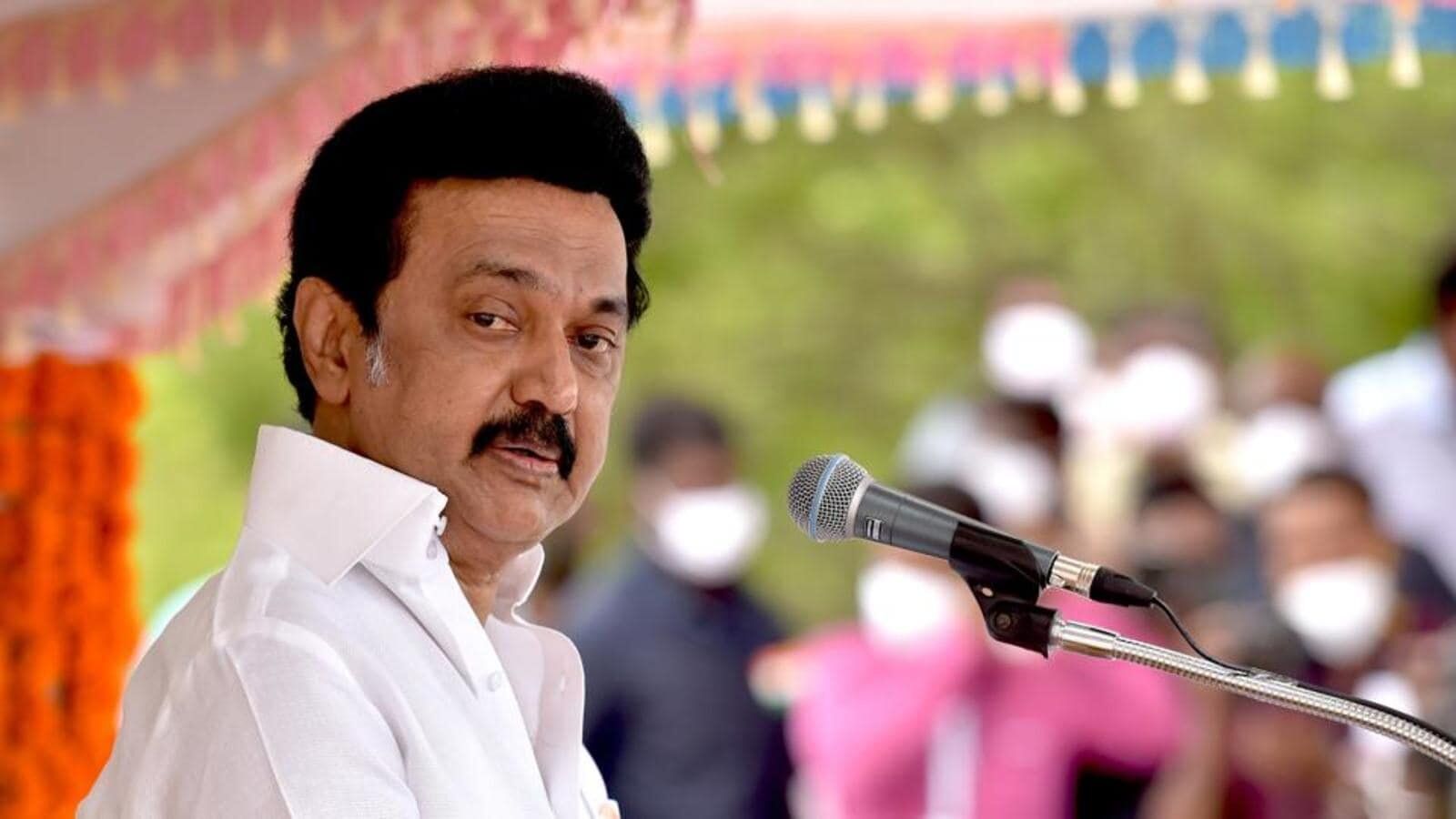Reclaiming the lost prestige
Dravidian parties in Tamil Nadu are striving to redraw their blurred ideological lines — which is possible only through intellect, and not market

Tamil Nadu has been known for presenting revolutionary ideas and actions for socio-political transformation ever since the pre-independent era — be it the participation in freedom movement, initiating social reforms, creating ethnic movement based on cultural and linguistic identity, evolving pro-poor development schemes, enunciating revolutionary legal measures for upliftment of the poor and women or initiating dialogue for Centre-state relations. It has been a strange phenomenon in Indian politics that Dravidian parties — both the DMK and the AIADMK — have been in power for about more than five decades despite the prevalence of deep-rooted corruption in governance and administration. How has this been possible is a big question daunting the leaders of the national political parties in Delhi. It has been made possible through their responsiveness and concern for the people, especially the poor, despite being denigrated for vote-hunting and rewarding freebies recklessly.
Despite their ideological differences with national parties — both the INC and the BJP — Dravidian parties have unhesitatingly joined hands with the Centre for the larger interest of the state in terms of getting big outlays for the development of the state, especially during the era of globalisation. This kind of alliance with the national parties helped the state to get a significant share of revenue for building social infrastructure. It also helped the parties in power to equip themselves financially to do efficient politics and keep reducing the space for smaller parties so that they can never challenge these two giant parties.
In the entire process, what they have lost is their ideological base. Though the Dravidian parties are so strong organisationally and economically that they can face any electoral challenge, they certainly have lost their ideological footing. In aligning with the ruling establishment at the Centre to get the huge outlays for schemes, both the parties had to be involved in all the decisions of the Centre related to reforms and economic development. Most of these reforms are nothing but centralisation of power. Dravidian parties did not even realise the fact that they were being part of the exercise. State governments have been reduced to being agents of the Centre. All the state governments, especially the governments of the parties in opposition to the Centre, have been reduced to being petitioners submitting petitions to the PM — seeking their own legitimate share of revenue, rather than claiming it as their rights.
Ideas have been floated by intellectuals that the efficiency of state governments in delivering public goods is always lower, hence, the Centre is trying to find alternatives, mostly through the privatisation route, as if market forces are drawn from heaven with impeccable ethical and moral values.
Now the regional parties have realised the fact that many of the vital powers of the state government have been taken away through backdoor engagements in the name of economic reforms by the Centre. As long as the Centre was in coalition with a weak head, the regional parties felt that they were strong and the centre could not move without them. Hence, they supported all the more centralised parts of the Central government. Once the Central government emerged strongly, the state governments were not able to exert the same pressure on the Central government as they used to do during the UPA regime. Moreover, the regional political parties which had been in power — soaked in corruption on account of globalisation — got further weakened over time.
In this context, the DMK has taken a position on ideological basis to defend the powers of the state governments. Discourses around the same old arguments of state autonomy have been revived. Organisations and associations have started publishing the documents to generate a public discourse on bargaining more powers for the state. The present state government in Tamil Nadu is doing a balancing act with an aim of keeping the Tamil masses with MK Stalin and opposing the Centre ideologically. Dravidian ideologues are carrying out this exercise with the old documents of Centre-state relationship without having a bare understanding of the role of globalisation in centralising powers. It is also true that a lack of intellect keeps them at bay with their objectives. The context here is the market and not the state. Market have proceeded, and the state receded, presently. Market dominates both the state and the society. All classical documents on Centre-state relationships have been turning void, as economic forces have come into action in the society. New documents, such as the report on the review of the functioning of the Constitution of India, the Punchhi Committee Report on Centre-state Relations and the report of the Second Administrative Reforms Commission are contextually relevant. Furthermore, to make a balancing act, the voice of intellectuals has to be heard instead of the noise of the ideologues. Market has silenced the voice of the intellectuals and we hear only the noise of the ideologues. For a realistic solution, views of the intellectuals are sine qua non.
The writer is a former Professor and Rajiv Gandhi Chair for Panchayati Raj Studies, Gandhigram Rural Institute. Views expressed are personal



